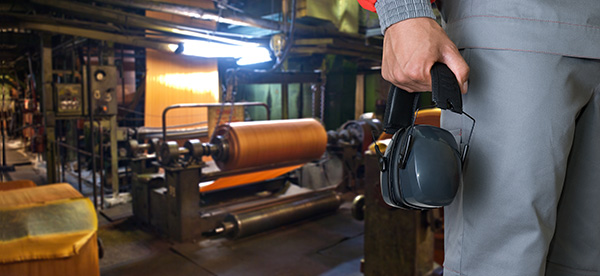When Should You See an Audiologist About Tinnitus?
Do you think you might be suffering from tinnitus? Tinnitus is a condition


Do you think you might be suffering from tinnitus? Tinnitus is a condition

It is not easy to deal with hearing loss, and some people choose not to

In the modern world, earplugs should be considered to be an essential tool